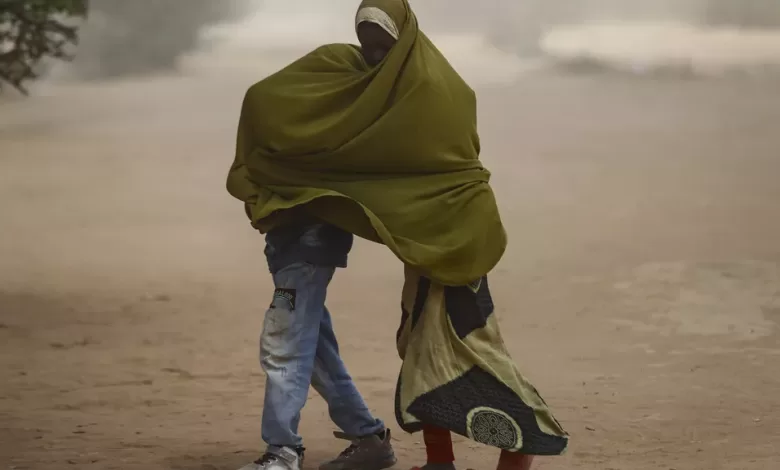UN Declares Decade To Fight Sand and Dust Storms Threatening Health and Economies

- UN to combat a growing environmental threat
- This includes initiatives like sustainable land management
- The resolution will encourage public awareness
The United Nations General Assembly took a major step to combat a growing environmental threat: sand and dust storms. On Wednesday, they declared a “Decade on Combating Sand and Dust Storms,” spanning 2025 to 2034.
These extreme weather events are becoming more frequent, impacting health and economies from Africa to China. The initiative aims to curb their negative effects through international and regional cooperation.
The resolution, introduced by Uganda on behalf of a large developing country bloc, received unanimous approval. It highlights a UN report documenting the significant rise in sand and dust storms in recent years. These storms pose a serious health risk, causing respiratory illnesses, harming crops and livestock, and accelerating desertification.
The report estimates that over 2 trillion tons of sand and dust enter the atmosphere annually, primarily originating from drylands with sparse vegetation. While natural conditions play a role, the report emphasizes how droughts and climate change are worsening the problem. Human activities like unsustainable land and water management are also estimated to contribute to at least a quarter of global dust emissions.
To address these issues, the UN resolution assigns the Food and Agriculture Organization (FAO) a key role in promoting mitigation practices in affected countries. This includes initiatives like sustainable land management, planting trees and windbreaks, and restoring degraded land.
The resolution further emphasizes the importance of global cooperation in strengthening early warning systems and sharing meteorological data for better sand dust storm forecasting.
This initiative comes just ahead of the first-ever International Day to Combat Sand and Dust Storms on July 12th. The resolution encourages countries to observe this day with educational activities to raise public awareness about the importance of combating these storms for public health, land management, food security, livelihoods, and climate resilience.






